Sew an Invisible Zipper by Hand
Take control for couture-level results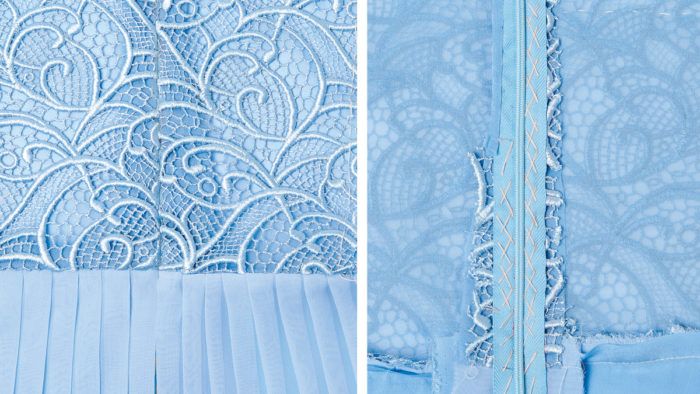
Invisible zippers are my preferred closure, as they provide a clean, bulk-free finish. They are usually inserted by machine sewing with a special foot designed to hold the zipper coil away from the tape while stitching. While this method works on most fabrics, I frequently work with specialty fabrics where machine sewing is not the best option.
Here’s a method of installing an invisible zipper by hand. This approach has many advantages. It ensures perfect matching at any intersecting seams and there’s no danger of damaging, distorting, or stretching the fashion fabric. Some fabrics, such as guipure lace, are too highly textured to pass evenly under the presser foot. Slippery fabrics such as silk or velvet may shift during machine stitching. Wrestling a voluminous bridal gown or delicate lace dress under the sewing machine’s needle can subject the garments to damage, or simply be awkward and difficult to control.
The examples demonstrate how to handle a variety of challenging fabrics. When you consider the potential difficulty of machine sewing an invisible zipper into a complex, bulky, or delicate garment, you’ll see that hand sewing can be easier than stitching by machine.
Manage varied weights and textures
Some garments have a zipper that passes through two or more fabrics of different thicknesses. It can be challenging to create an evenly stitched closure that is invisible along its entire length, and that can be opened and closed easily. Hand sewing provides the control you need.
1. Prepare the garment. Join the bodice to the skirt. The example has a heavily textured guipure lace bodice with a silk georgette underlay. The skirt is pleated silk chiffon. Thread-trace the zipper opening seamlines.
2. Prepare the zipper. Open it and press the coils so they stand up and away from the zipper…
…
Start your 14-day FREE trial to access this story.
Start your FREE trial today and get instant access to this article plus access to all Threads Insider content.
Start Your Free TrialAlready an Insider? Log in




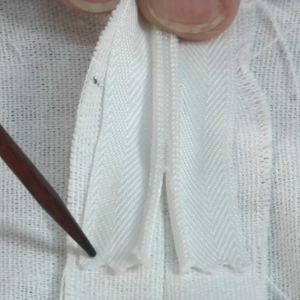
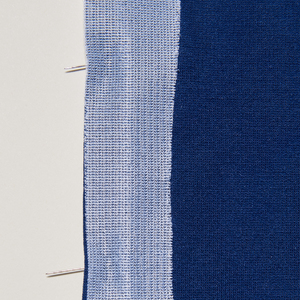
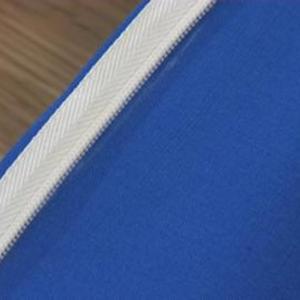
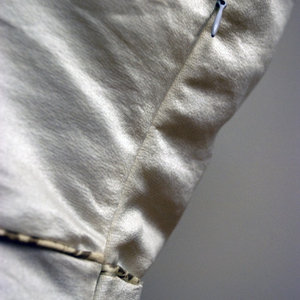



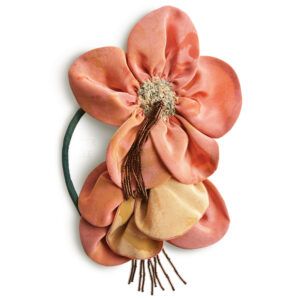
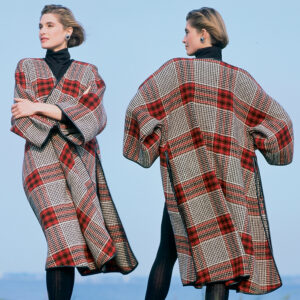
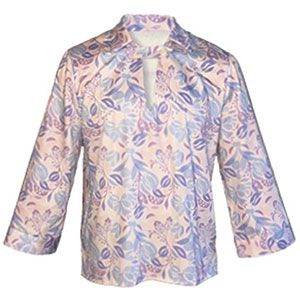

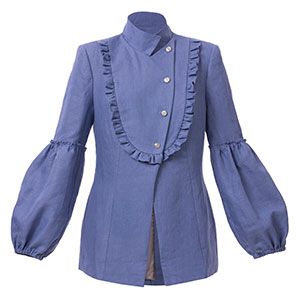

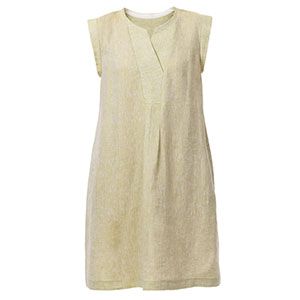
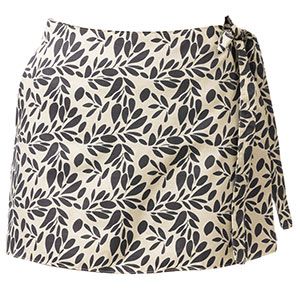


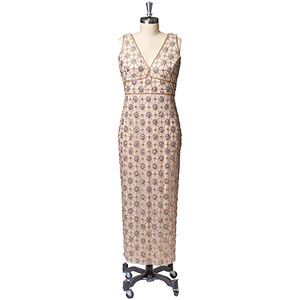
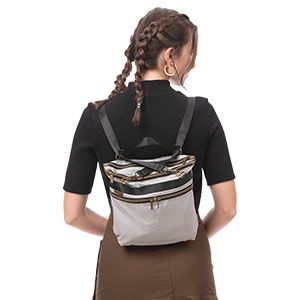
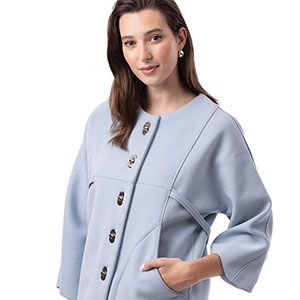
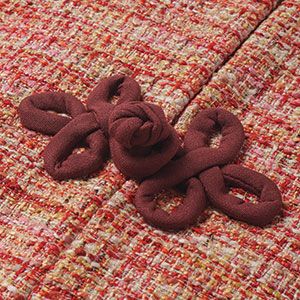









Log in or become a member to post a comment.
Sign up Log in